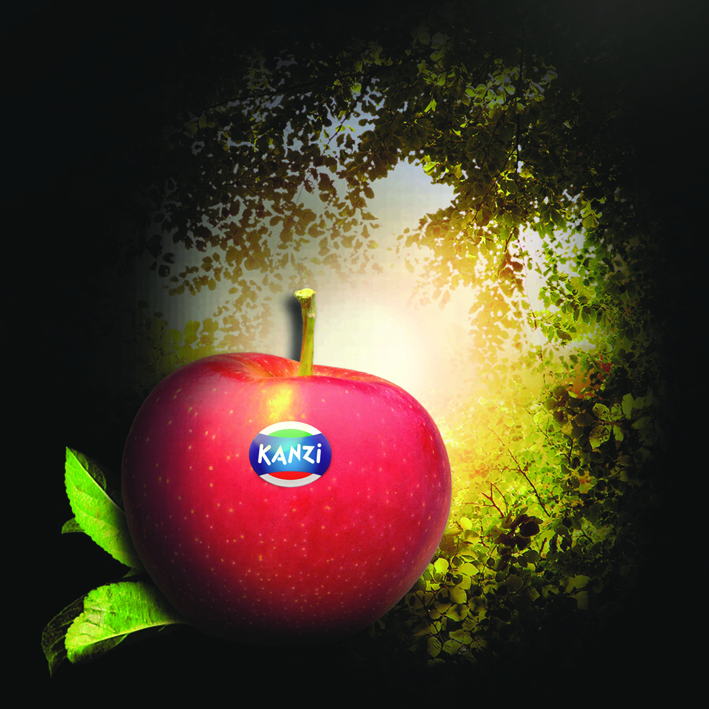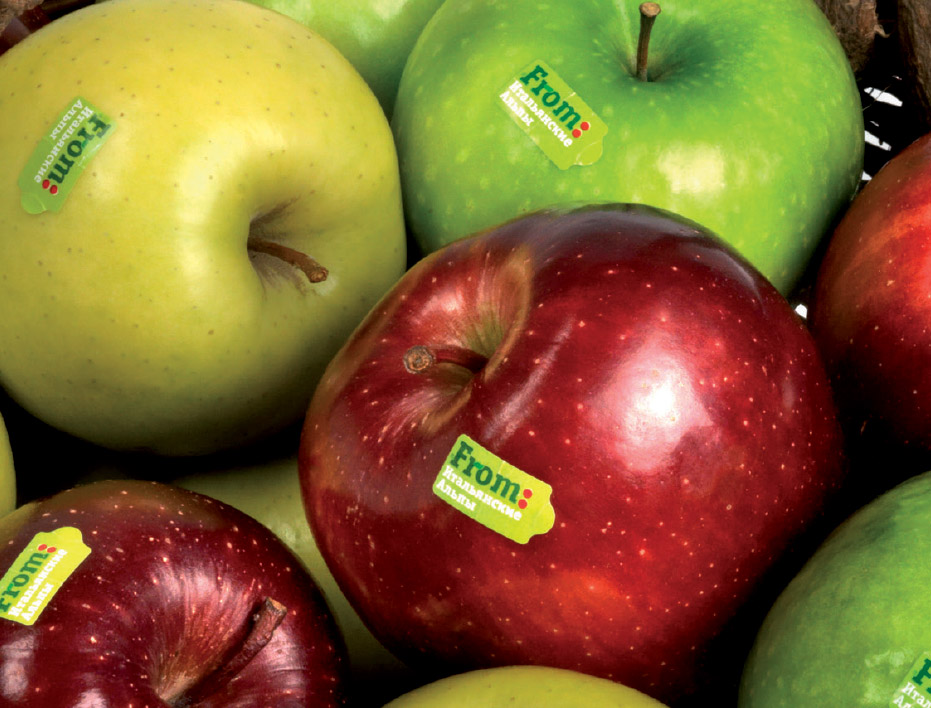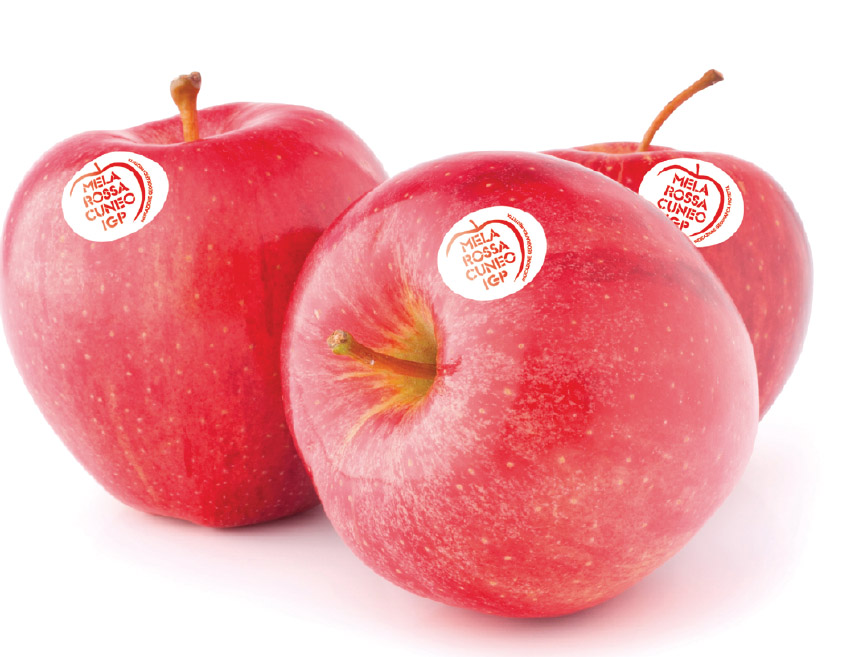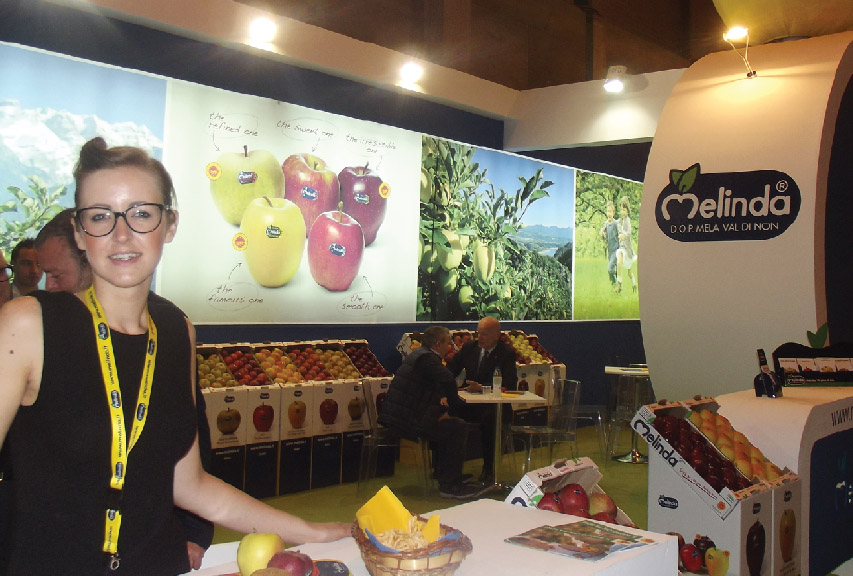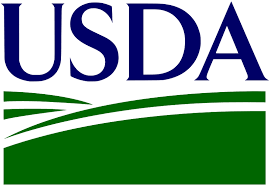
The US Government has announced funds of more than $173 million to be used next year to increase exports of American agricultural products.
Washington apple growers, Florida citrus producers, California’s table grape sector and the Northwest pear industry are among those set to benefit from multi-million dollar allocations.
Cranberry, cling peach, cherry, sweet potato, tomato, and organic produce organisations are also among the recipients.
Through the US Department of Agriculture (USDA) Market Access Program (MAP), the Foreign Agricultural Service (FAS) will provide $173.2 million (up from nearly $172 million last year) to 62 nonprofit organisations and cooperatives. Participants contribute an average 214% match for generic marketing and promotion activities and a dollar-for-dollar match for promotion of branded products by small businesses and cooperatives.
MAP focuses on consumer promotion, including brand promotion for small companies and cooperatives, and is used extensively by organisations promoting fruits, vegetables, nuts, processed products, and bulk and intermediate commodities.
Meanwhile, under the Foreign Market Development (FMD) Program (also known as the Cooperator Program), FAS will allocate $26.7 million (up from $24.6 million last year) to 22 trade organizations that represent U.S. agricultural producers.
The FMD program focuses on trade servicing and capacity building by helping to create, expand and maintain long-term export markets for US agricultural products.
An independent study released in 2010 found that trade promotion programs like MAP and FMD provide $35 in economic benefits for every dollar spent by government and industry on market development, the USDA said in a press release.
“The past six years represent the strongest period for U.S. agricultural exports in the history of the United States. Farm exports in fiscal year 2014 reached a record $152.5 billion and supported 1 million jobs in the United States,” it also said.
Here is our summary of this year and last year’s funding most relevant to the fresh fruit and vegetable sector:
| USDA Market Access Program (MAP) funding: Participant |
FY 2015 Allocation |
FY 2014 Allocation |
| Food Export Association of Midwest |
$10,272,114 |
$9,637,643 |
| Food Export USA Northeast |
$8,896,086 |
$8,138,985 |
| Western US Agricultural Trade Association |
$7,705,129 |
$8,097,508 |
| Southern United States Trade Association |
$7,152,346 |
$5,874,329 |
| Washington Apple Commission |
$5,179,019 |
$4,930,752 |
| National Potato Promotion Board |
$4,998,822 |
$3,647,427 |
| Florida Department of Citrus |
$4,383,830 |
$3,885,364 |
| California Table Grape Commission |
$3,424,871 |
$3,093,070 |
| Pear Bureau Northwest |
$3,069,707 |
$2,926,873 |
| California Prune Board |
$3,023,063 |
$2,668,406 |
| Raisin Administrative Committee |
$3,018,117 |
$827,922 |
| Sunkist Growers, Inc. |
$2,660,274 |
$2,372,577 |
| National Association of State Departments of Agriculture |
$2,329,520 |
$3,533,072 |
| Cranberry Marketing Committee* |
$1,791,836 |
$1,561,170 |
| Washington State Fruit Commission |
$1,685,709 |
$1,361,810 |
| U.S. Apple Export Council |
$998,650 |
$712,727 |
| Welch Foods, Inc. |
$932,734 |
$834,411 |
| California Agricultural Export Council |
$861,378 |
$1,228,525 |
| Organic Trade Association |
$784,902 |
$746,912 |
| Intertribal Agriculture Council |
$728,492 |
$642,528 |
| California Cling Peach Growers Advisory Board |
$500,182 |
$444,892 |
| California Pear Advisory Board |
$468,842 |
$442,081 |
| California Cherry Marketing and Research Board |
$443,722 |
$519,189 |
| New York Wine and Grape Foundation |
$422,674 |
$484,886 |
| California Grape and Tree Fruit League |
$413,125 |
$420,800 |
| Synergistic Hawaii Agriculture Council |
$379,415 |
$388,412 |
| Cherry Marketing Institute |
$290,042 |
$204,115 |
| American Sweet Potato Marketing Institute |
$200,000 |
$200,000 |
| Florida Tomato Committee |
$3,578 |
|
| National Watermelon Promotion Board |
|
$290,367 |
| *Cranberry Marketing Committee also received the following in Foreign Market Development Funds (FMD) |
$182,665 |
$153,754 |
|




